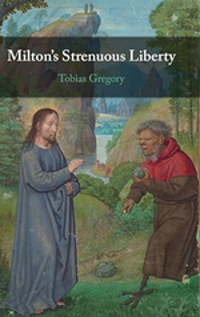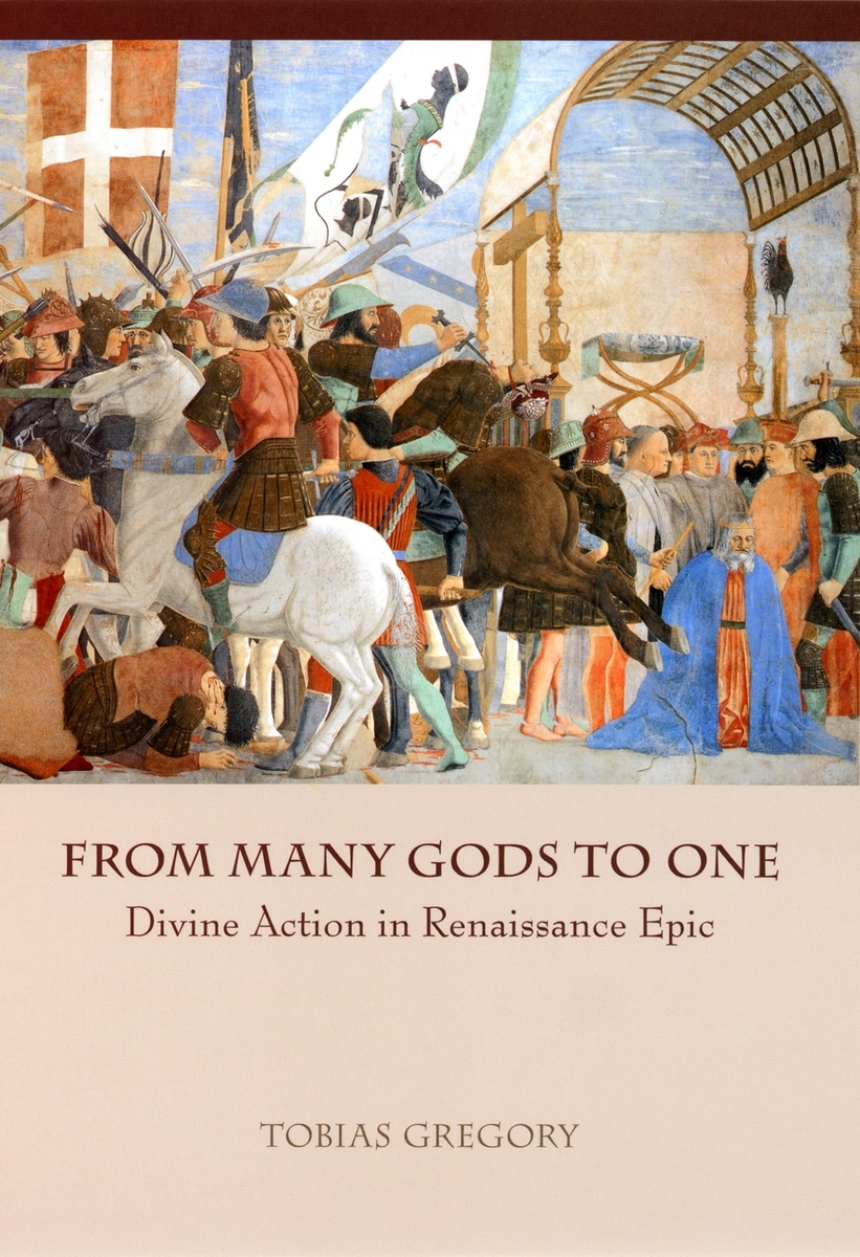
Department
School
Expertise
Profile
Tobias Gregory writes mainly about the literature, religion, and politics of early modern England, with a secondary interest in Italian literature. His articles and review essays on Milton, Spenser, Tasso, Empson, Ariosto, Browne, Herbert, Donne, Montaigne and others have appeared in ELH, Renaissance Quarterly, SEL, Milton Studies, Modern Philology, Huntington Library Quarterly, Journal of British Studies, Religion and Literature and the London Review of Books. Awards include fellowships from the ACLS, Huntington,and Folger, and the Isabel MacCaffrey Prize of the International Spenser Society.
 Dr. Gregory is the author of Milton's Strenuous Liberty (Cambridge, 2025), a study of Milton's priorities. The book argues that Milton's politics were consistently driven by a concern to maximize liberty of conscience for heterodox godly lay intellectuals, a class that included himself. In contrast to the republican Milton prevalent in recent scholarship, the book presents an anticlerical Milton whose real radicalism lay in his noninstitutional view of the church. Milton emerges in this study as an eloquent spokesman for unpopular positions, and as a poet who, in his late masterpieces, arrived at a broader perspective on the Puritan revolution he had supported without ever disavowing that lost cause.
Dr. Gregory is the author of Milton's Strenuous Liberty (Cambridge, 2025), a study of Milton's priorities. The book argues that Milton's politics were consistently driven by a concern to maximize liberty of conscience for heterodox godly lay intellectuals, a class that included himself. In contrast to the republican Milton prevalent in recent scholarship, the book presents an anticlerical Milton whose real radicalism lay in his noninstitutional view of the church. Milton emerges in this study as an eloquent spokesman for unpopular positions, and as a poet who, in his late masterpieces, arrived at a broader perspective on the Puritan revolution he had supported without ever disavowing that lost cause.
 Dr. Gregory's first book From Many Gods to One: Divine Action in Renaissance Epic (Chicago, 2006) examines how Renaissance poets approached the problem of epic divine action: how to replace the Olympian gods of Homer and Virgil? Drawing on scholarship in several disciplines--religion, classics, history, and philosophy, as well as literature--the book sheds new light on two subjects of enduring importance in Renaissance studies: the precarious balance between classical literary models and Christian religious norms, and the role of religion in drawing lines between allies and others.
Dr. Gregory's first book From Many Gods to One: Divine Action in Renaissance Epic (Chicago, 2006) examines how Renaissance poets approached the problem of epic divine action: how to replace the Olympian gods of Homer and Virgil? Drawing on scholarship in several disciplines--religion, classics, history, and philosophy, as well as literature--the book sheds new light on two subjects of enduring importance in Renaissance studies: the precarious balance between classical literary models and Christian religious norms, and the role of religion in drawing lines between allies and others.